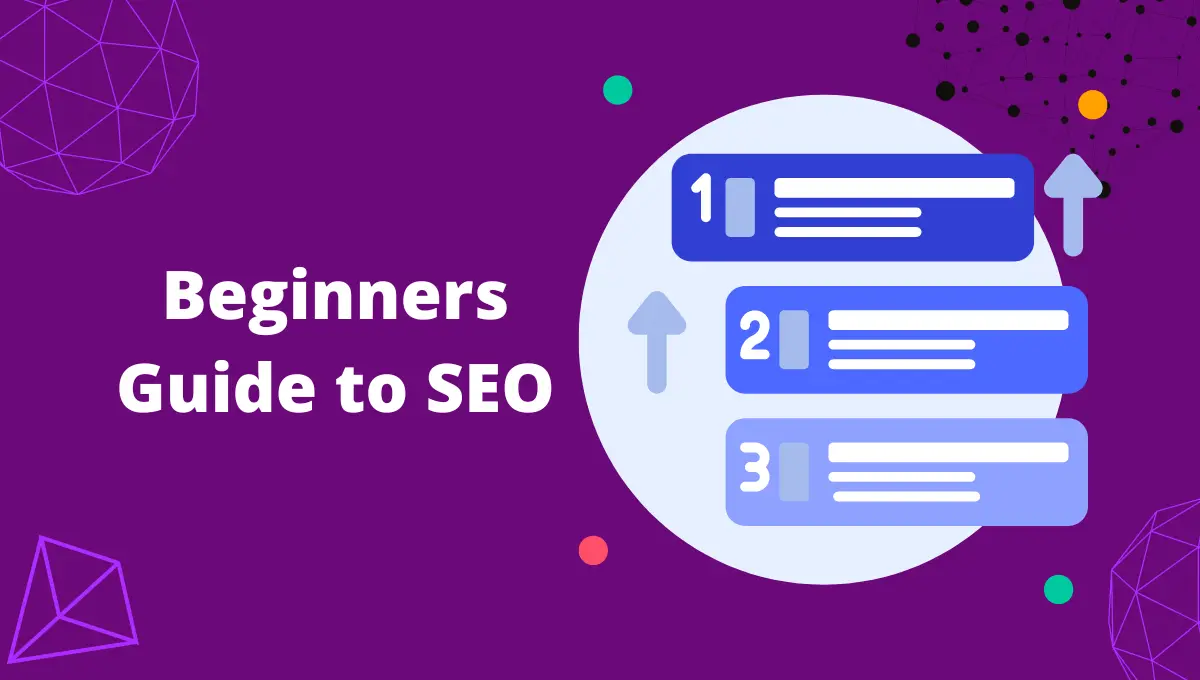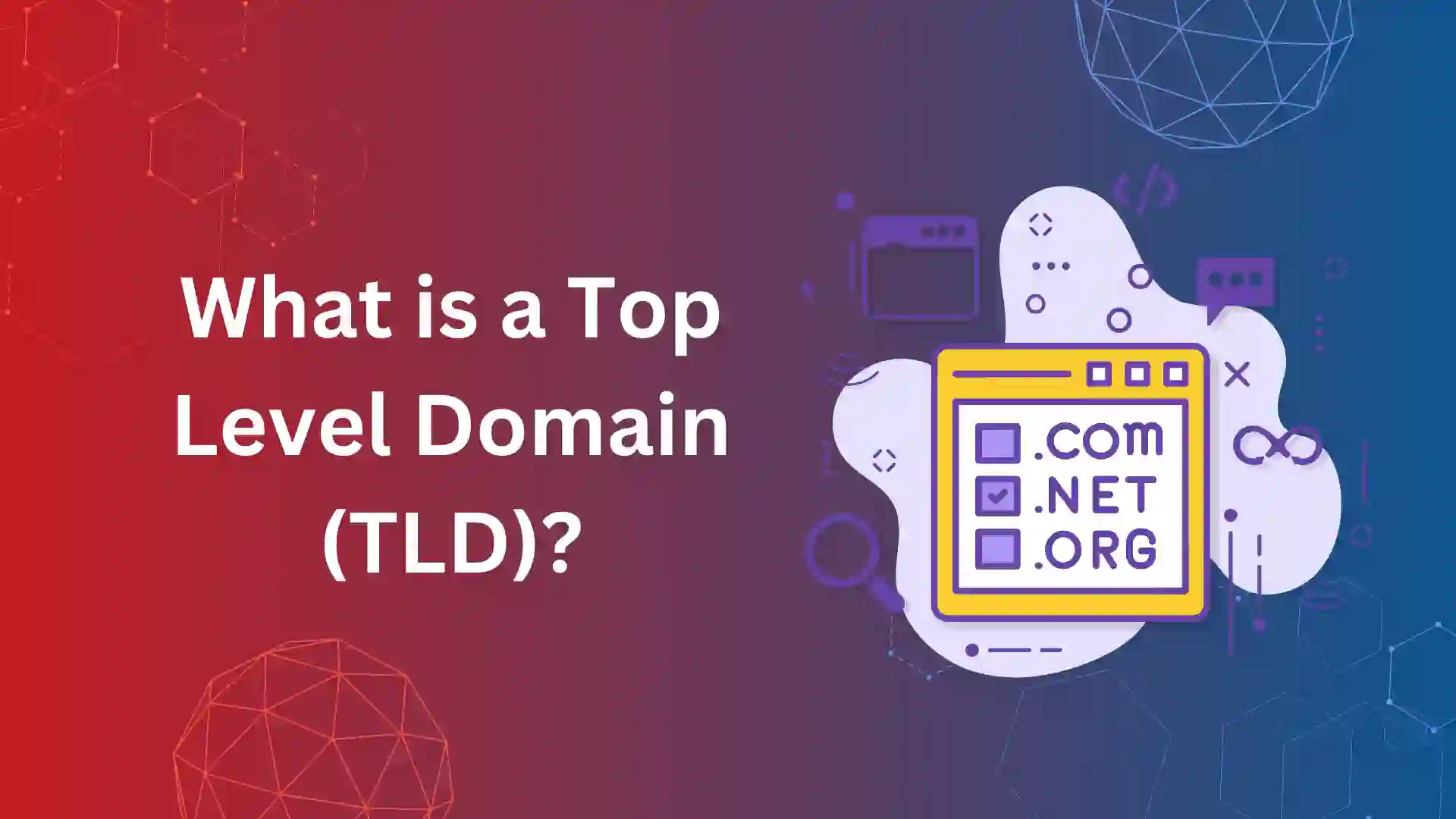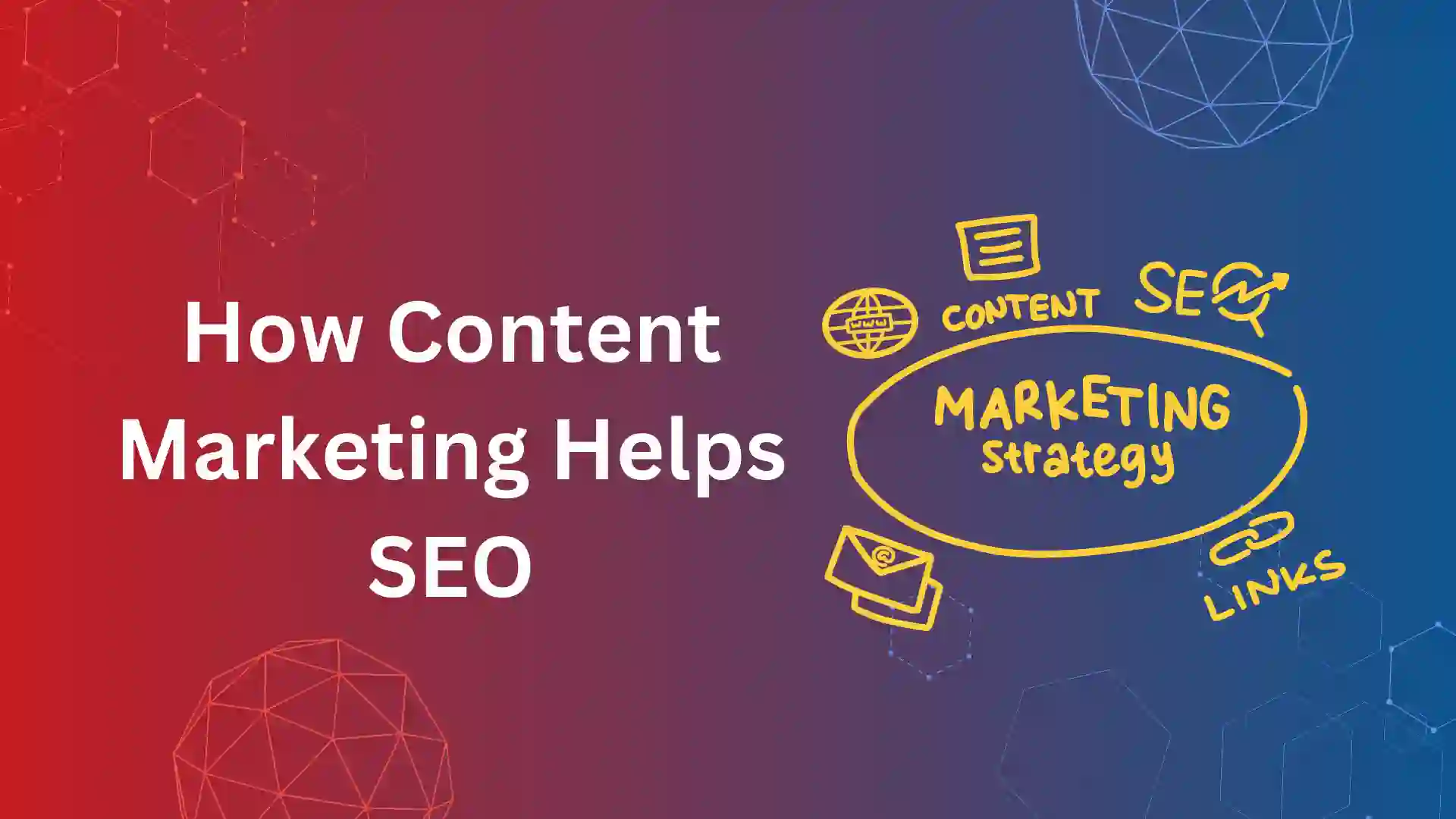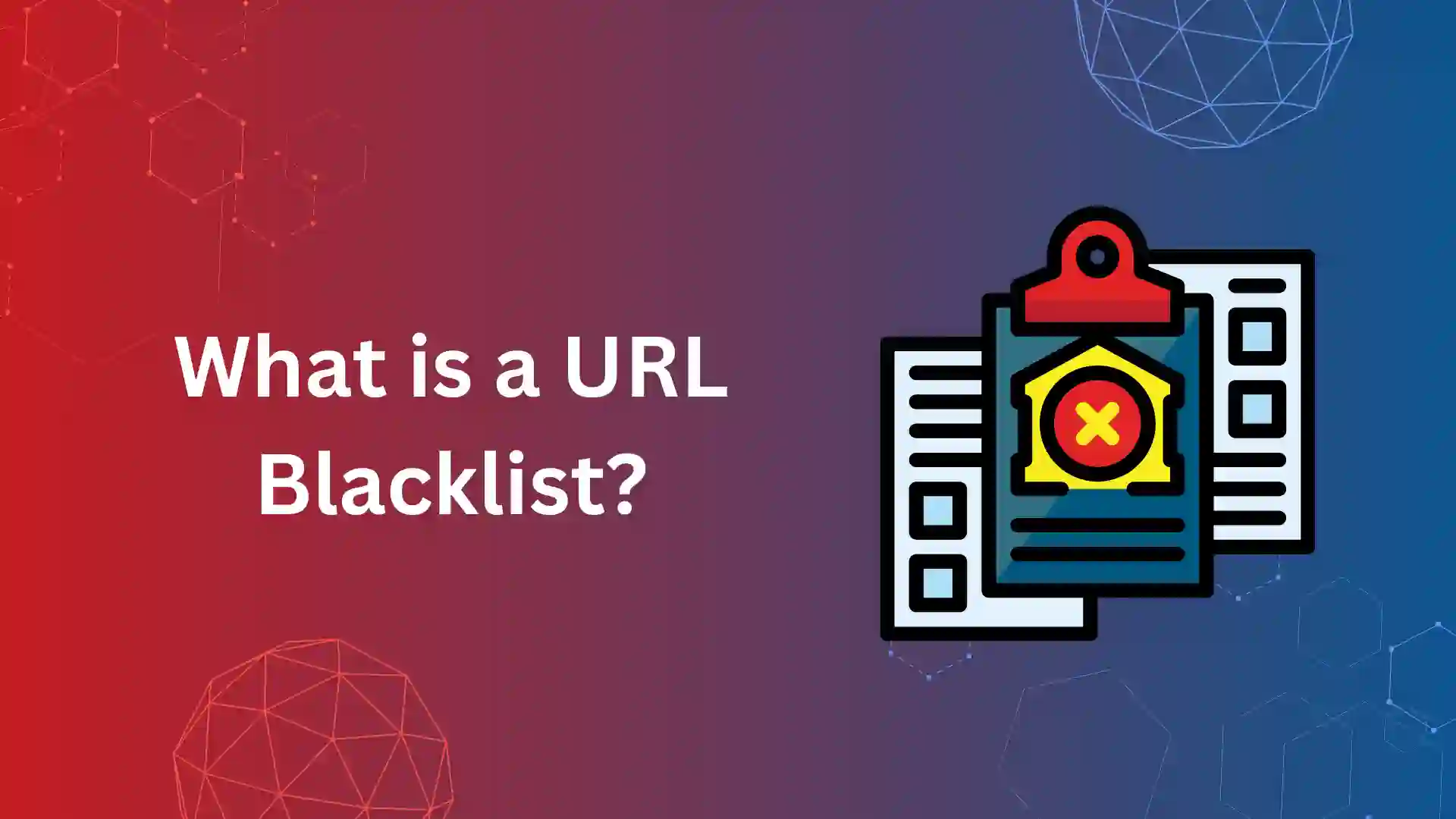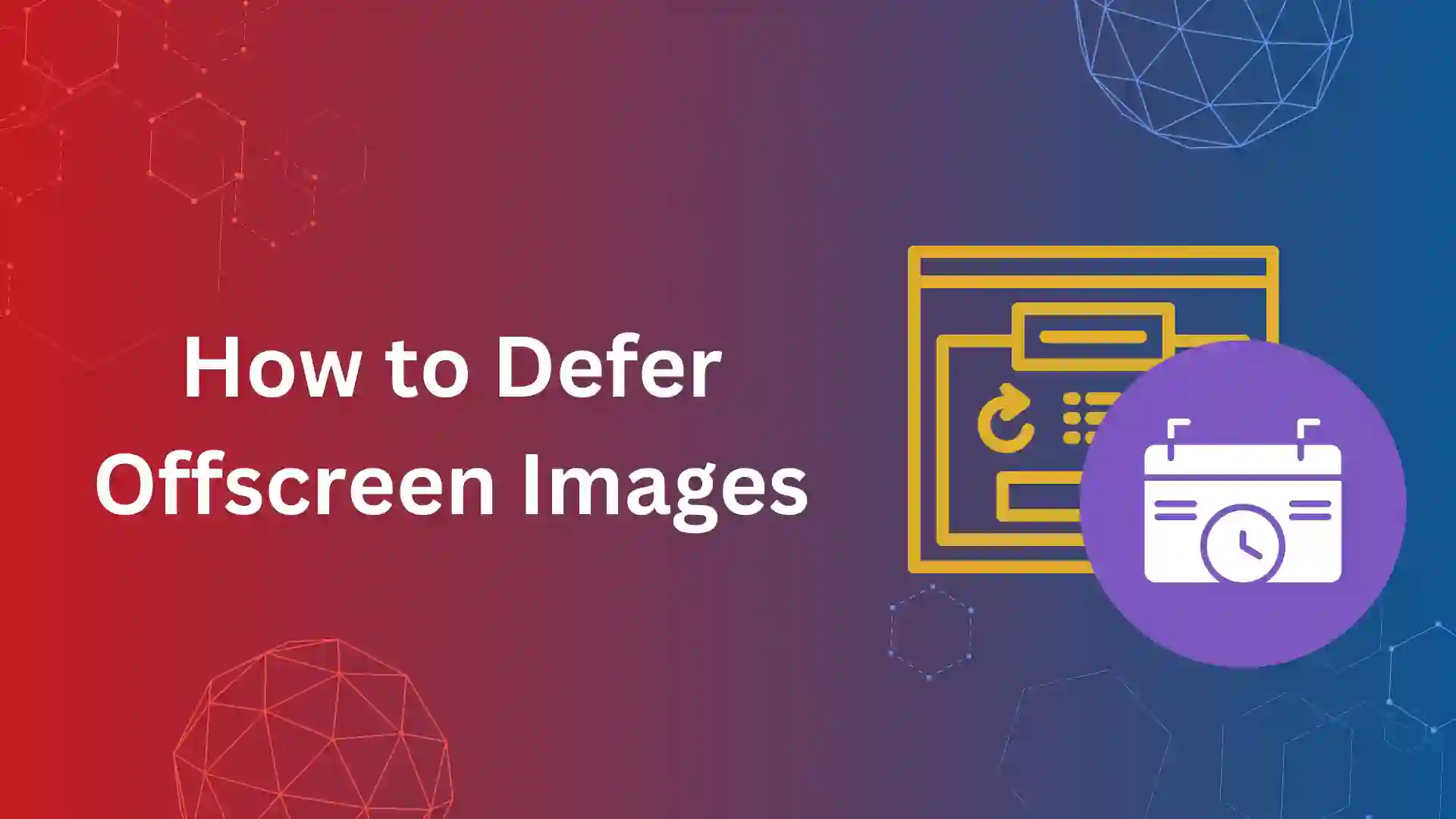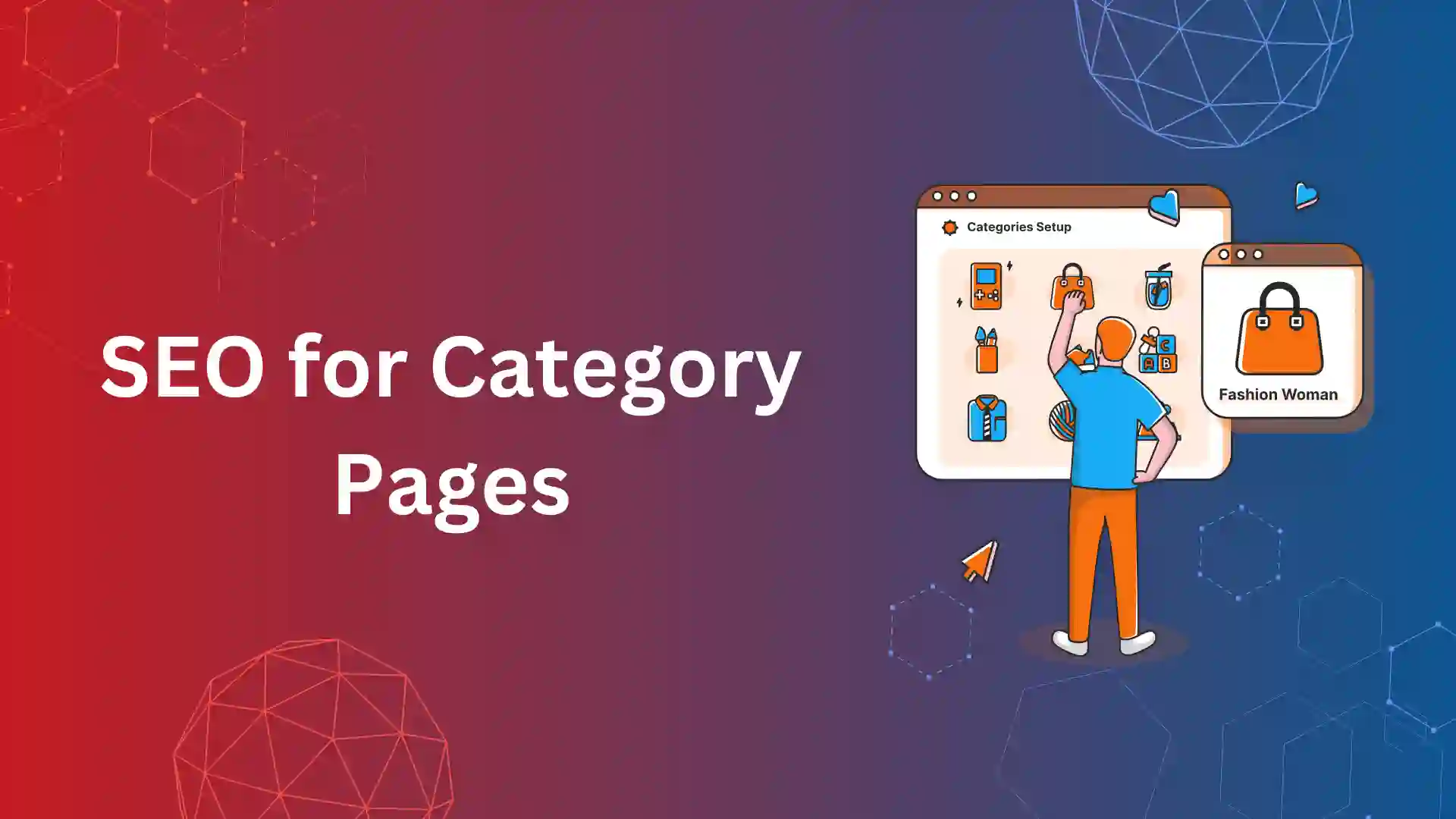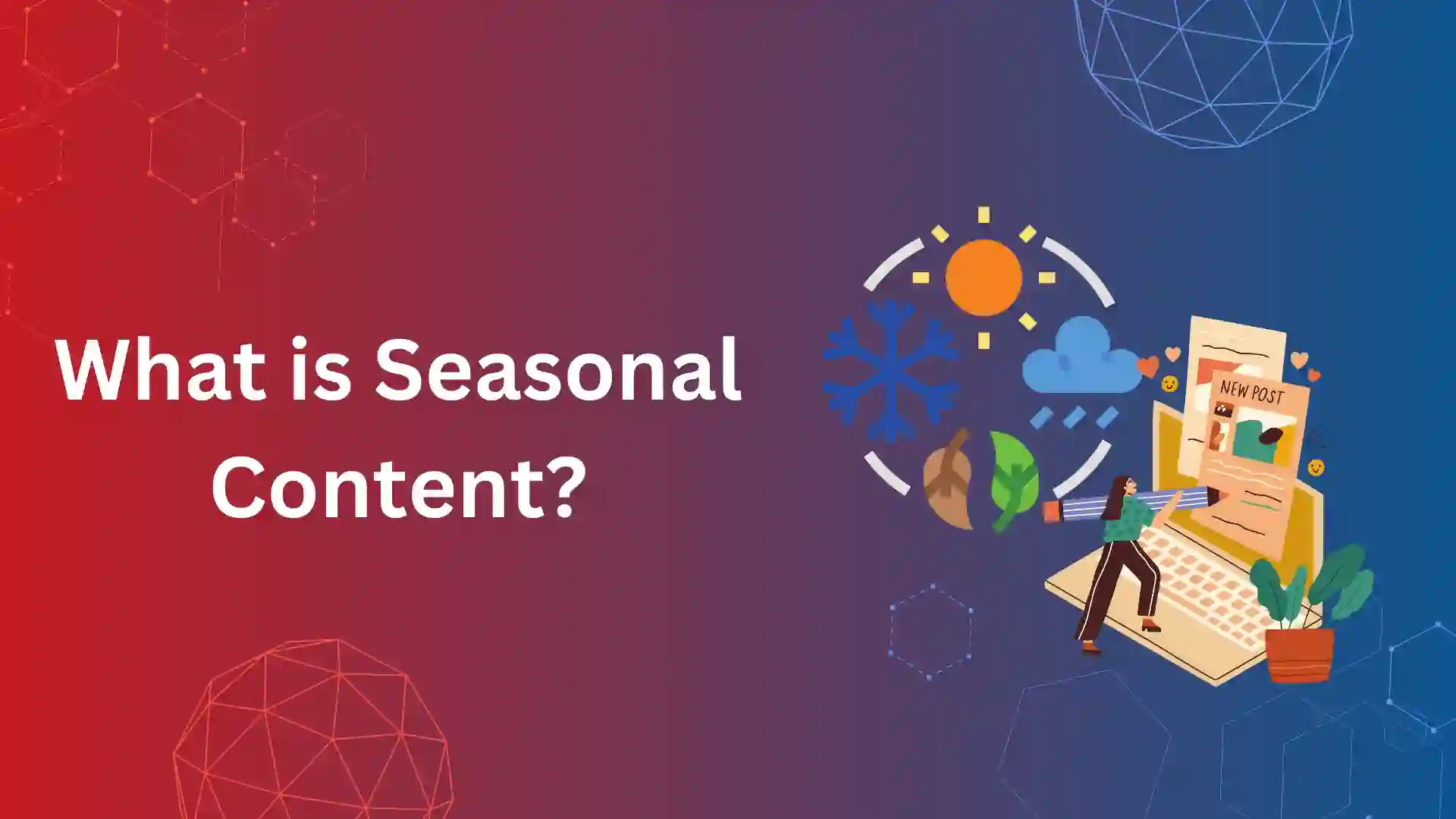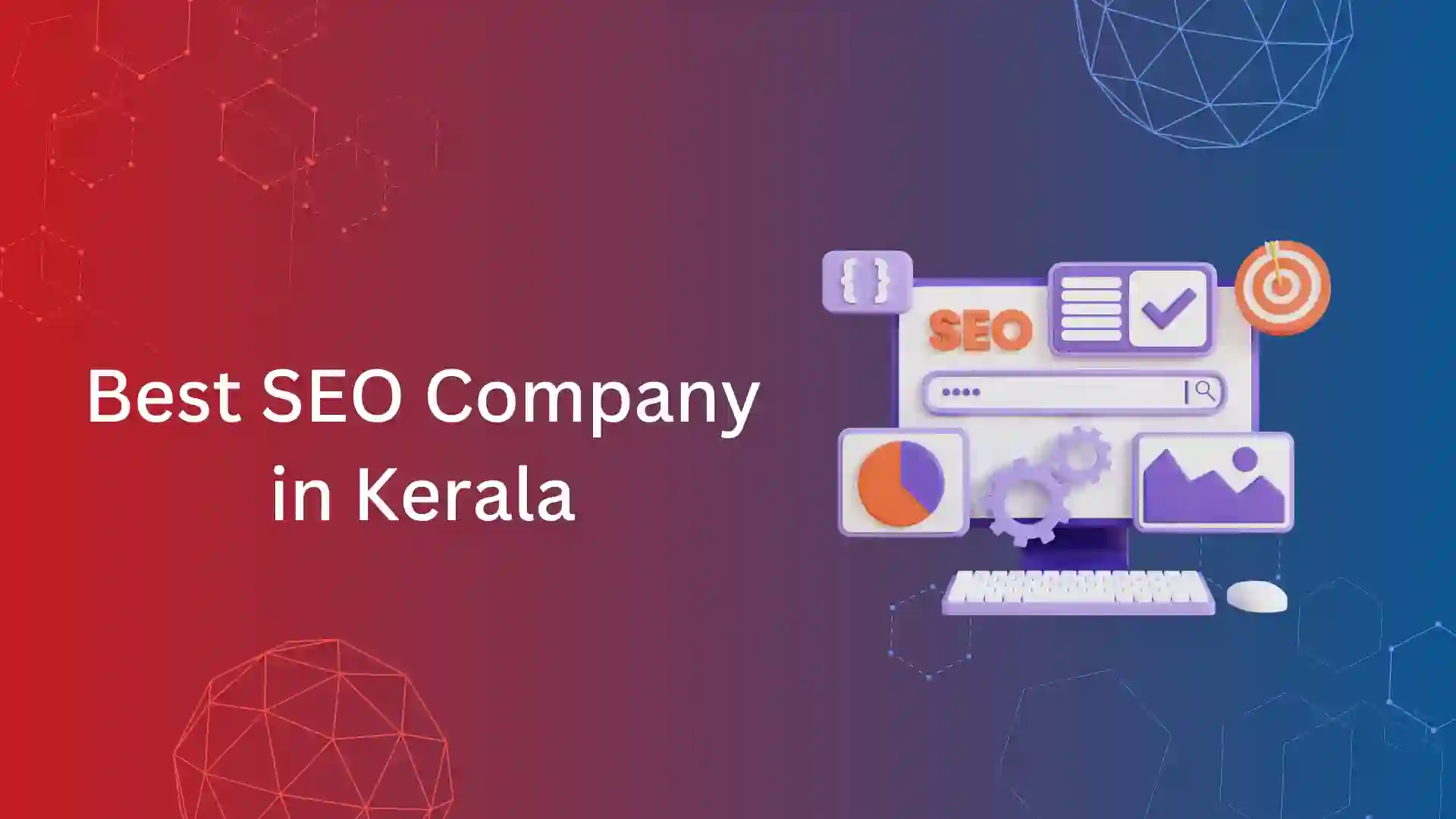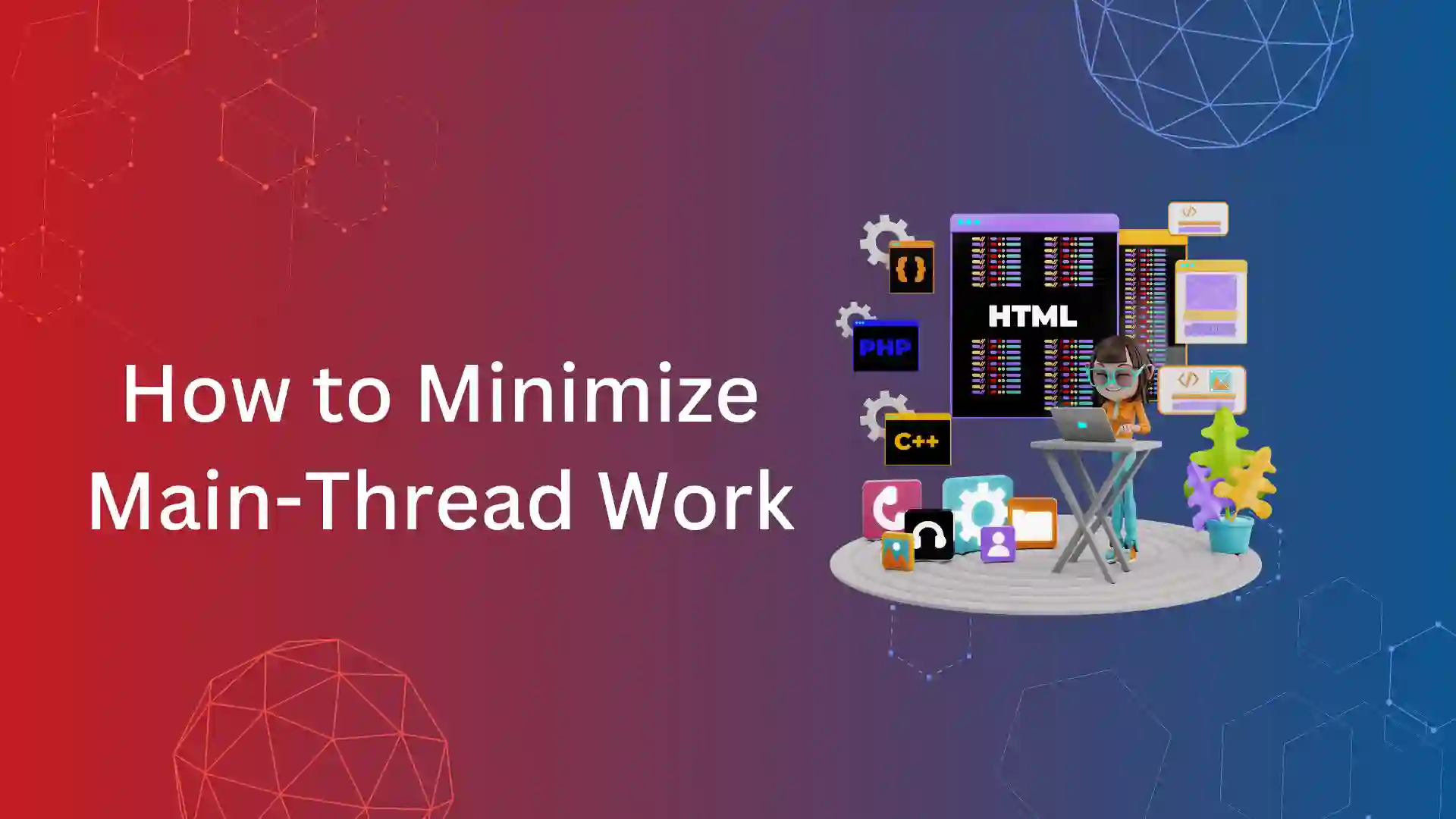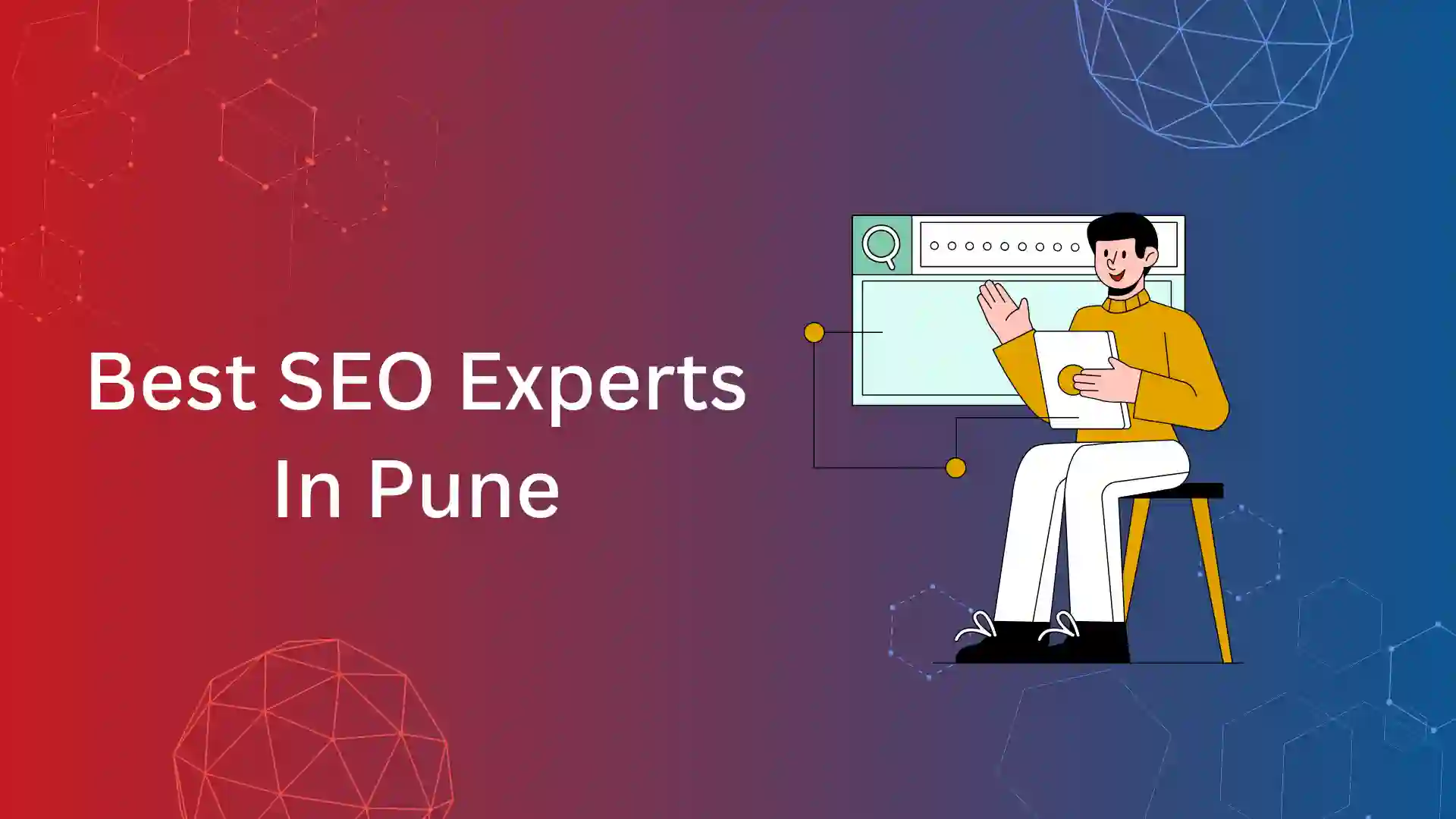Interested in building your career in SEO? It is important to learn the complete basics and every component of search engines.
Search engine optimization (SEO) has been one of the important marketing channels since 1991. It is still an on-demand marketing strategy for businesses. To dominate this industry, this beginner’s guide to SEO will help you learn proven strategies.
Most experts say, “SEO is all about execution and not a knowledge problem.” But, how do you fix coverage issues, if you don’t know the exact mechanism of how a search engine works?
So, an SEO professional should be well-versed with the complete concept, terminologies, roles, and implications. Post this, you should practice every day to execute flawlessly.

Basics of SEO:
SEO is an organic digital marketing strategy that includes the process of increasing online visibility and brand awareness through the relevancy of your web pages and user search queries in search engines.
You should learn the basics of SEO to streamline the system to autopilot the process.
About 99,000 searches happen every second, and more than 8.5 billion searches happen every day in Google
You should understand the huge potential behind building your website, SEO-optimized content, UX/UI design, and SEO-friendly content to attract organic audiences.
To know this, you should learn step-by-step starting from basics about search engines, their algorithm, types of SEO practices, reporting, data analytics and more.
As a leading SEO expert in India, Ashkar Gomez has broken down this beginner’s guide to SEO into numerous fragments (chapters).
- What is SEO?
- How do search engines work?
- Basics of Google Algorithm
- Google Algorithm Updates History
- Keyword Research
- On-Page SEO
- Technical SEO
- Local SEO
- Off-Page SEO
- Featured Snippet or Structured Data
- Data Analysis and Reporting in SEO
The basics of SEO should be learned in such a way as to understand the science behind the search engines, then move forward to content, and finally optimize for featured snippets.
This beginner’s guide to SEO is lined up by Mozlow’s hierarchy, and below are the factors a beginner in SEO should always remember and walk upon
- Crawl Accessibility – What is the use of high-quality content, if your web pages are not crawlable or indexable by search engines?
- Compelling content – The content of your web page should completely answer the intent of your user’s query. The best way to create compelling content is by 10x content strategy.
- Keyword Optimization – Once the web page with compelling content is published, it’s important to reach SERP to get noticed by target users.
- Great User Experience – Google gives more importance to the usability of web pages (page experience). So built a web page that has a rapid loading time, with proper navigations, etc.
- Share-worthy Content – Your content should be of such quality that it gets natural citation and contextual links.
- Gain CTR- Use relevant and descriptive titles, meta descriptions, and URLs to drive high CTR.
- Schema Markup/Structured Data – To acquire more organic traffic, your web page should be ranked in the featured snippet. To do so, you need to work on schema markup.
Let's Decode the Beginner's Guide to SEO:
Before moving for a long run, you should go for a warmup. Thus, this chapter helps SEO beginners learn on basics of SEO, the importance of any business growth, types, good practices, etc.
You will learn the terminologies like white hat and black hat SEO, keyword research, content, link building, On-Page, Off-Page, Technical, and Local SEO as definitions. (you will learn them in detail in the following chapters.)
Chapter 2
Do you know? The world teaches that the search engine’s works are crawling, indexing, and ranking. But, they aren’t.
Actually, search engines have 5 stages of working
- URL discovery
- Crawling
- Rendering
- Indexing
- Ranking
You will get to learn the reasons that could stop your web pages from crawling and indexing. Also, this is the most important Google ranking factor that any SEO professional should practice.
Chapter 3
The one word that every SEO expert is curious about is the “Algorithm update.” Are these updates planned as they are announced? No.
From their initial days, Google focused on providing quality and helpful content that is relevant to the user’s query.
Keeping this as the core component, they build the complete algorithm on five basic principles. In this chapter, you can decode the 5 pillars of the Google algorithm.
Chapter 4
As previously said, algorithms are the most important to any SEO professional.
Why is it so important? Maximum websites have seen a downtrend during these updates. So, to overcome this, one should understand what the update is all about and how to overcome it.
We would advise you to completely follow the webmaster guidelines by which none of these updates will shake your performance.
In this chapter, you will learn the history of all Google algorithm updates from 2012 to till date.
Chapter 5
SEO is the best inbound marketing strategy, as it matches the users’ query to the web page intent.
To understand, what your target audience is looking for and their intent, keyword research is a mandatory skill you should learn as a beginner in SEO.
“Never write what you think; rather, write what your audience wants.”
This chapter helps you to understand the basics and importance of keyword research. Besides, this article dives deep into understanding the types of search intent and methods to identify potential keywords.
Chapter 6
Once the keyword research is done; it’s time to optimize the important HTML tags (On-page SEO) components with primary (focus), secondary, and other semantic keywords.
On-page SEO is nothing without helpful content, and to deliver compelling content, you should stick to Google webmaster guidelines.
Besides, this chapter helps how to make sure the web page becomes visible in the SERP. Many say, “Optimize your web page for users and not for search engines.”
Understand that until you reach the 1st page of SERP your web pages aren’t visible to users. So, learn the basics of optimizing HTML meta tags to dominate organically.
Chapter 7
Technical SEO is the most underrated type of SEO. This deals with crawl accessibility and real-world user (page) experience on a web page.
Your basic SEO practice should start by making your web pages crawled by search engines and indexed. You should know how to work with robots.txt and XML sitemap for better crawl management.
This chapter also deals with fixing crawl errors, coverage issues, website loading speed, and Core Web Vitals.
Chapter 8
If you have a business that focuses on a local audience or location and has a physical store you should focus on local SEO.
In this chapter, you will learn how to optimize a web page for local searchers by understanding the science behind location-based keyword research.
Also, how to increase authority with the help of a Google business profile (formerly “Google my business”), approaching local listicles, and NAP citations.
Chapter 9
Backlinks are still an important ranking factor, as they help in building authority and trustworthiness for every web page.
But, as a beginner, you should avoid building spammy links by practicing the general submissions that the market does on zero-traffic websites.
Our complete guide on off-page SEO helps you understand what are the techniques you should follow to outreach and earn links from high-authority websites, and how to choose a quality website.
Chapter 10
The featured snippet is currently in the 1st position in SERP. Here you get to learn different types of featured snippets that could drive you traffic.
In addition, you will get to know the top 10 practices to get your articles positioned as featured snippets.
Chapter 11
SEO Performance Measurement & Data Analysis
It is important to measure SEO performance; this helps you understand whether your process is yielding the targeted result.
In this chapter, you can understand what are the important metrics and tools to measure the performance of an SEO campaign.
Conclusion
That’s so simple to learn SEO, isn’t it? But, what you need is practical experience. Start today, choose your niche, build a website, and start writing helpful content for your audience.
If you still need hands-on support, you can choose our Online SEO Course that covers both basics and advanced levels.
You will get to learn all the 11 contents of the beginner guide to SEO in detail with Mr. Ashkar Gomez, one of the leading SEO experts.

